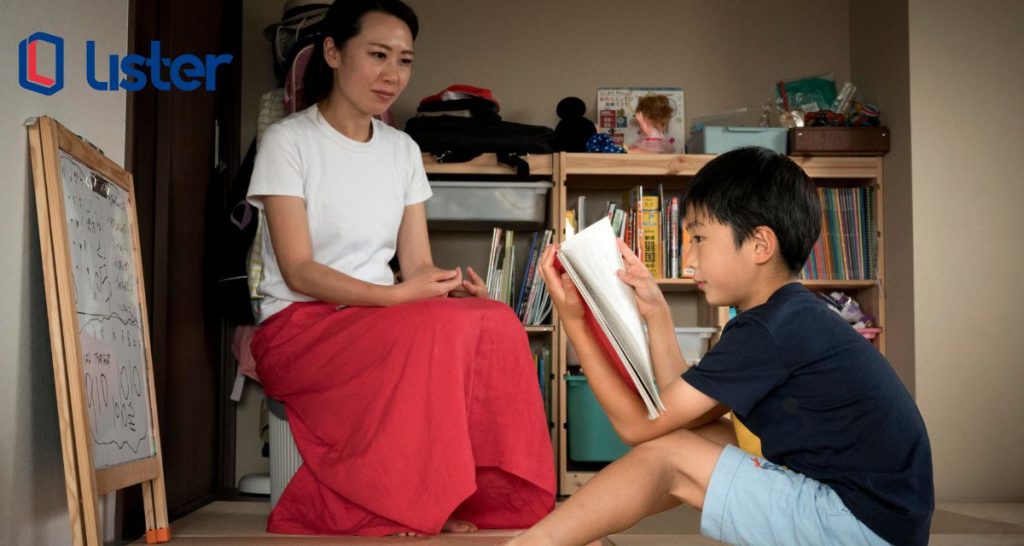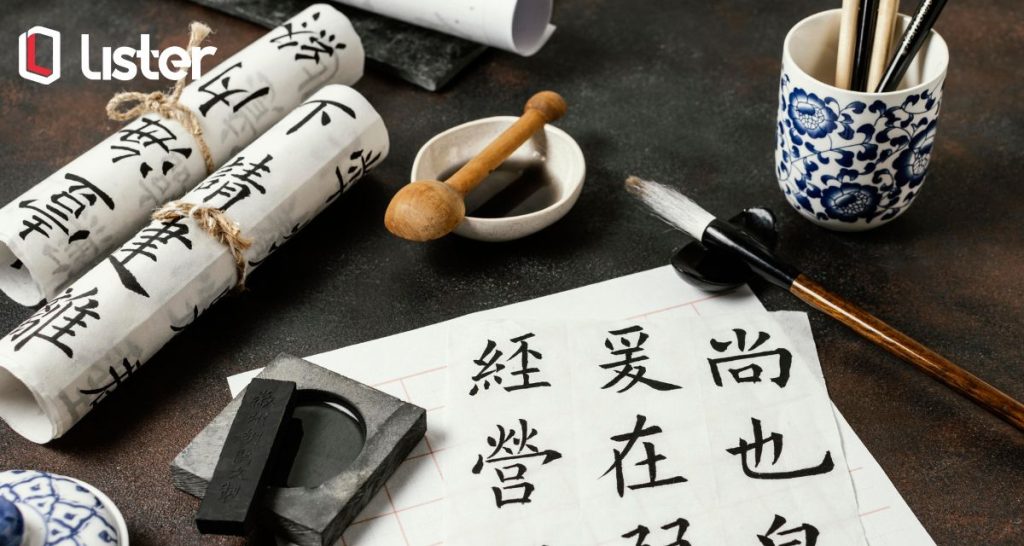Apakah kamu sedang membuat tulisan, baik itu untuk tugas sekolah atau laporan dalam pekerjaan? Ada rumus dasar yang dapat digunakan untuk membantu proses menulis kamu, yakni 5W + 1H.
Rumus ini tidak hanya dapat digunakan dalam proses menulis, tetapi juga membantu kamu mengambil keputusan yang membutuhkan berpikir kritis.
Bagaimana menerapkan 5W + 1H tersebut?
Pengertian 5W + 1H
5W + 1H adalah singkatan dari kata tanya who, what, when, where, why, dan how. Rumus ini merangkum hal-hal yang perlu disampaikan tentang suatu peristiwa.
Rumus 5W + 1H banyak digunakan dalam dunia jurnalistik. Walaupun begitu, kamu dapat menggunakan 5W + 1H untuk merumuskan konsep bisnis, membuat karangan, problem solving, melakukan brainstorming saat rapat, dan lain-lain.
Rumus ini memiliki nama Kipling Method atau 6 Serving Men of Creativity. Hal itu ia sebut dalam puisi Just So Stories (1902) oleh Rudyard Kipling.
I keep six honest serving-men
(They taught me all I knew);
Their names are What and Why and When
And How and Where and Who.
Rumus 5W + 1H
Bagaimana penjelasan masing-masing rumus 5W + 1H tersebut?
What
What berarti apa. Pertanyaan ini memberikan informasi deskripsi tentang suatu peristiwa yang terjadi atau permasalahan yang dihadapi.
Who
Who berarti siapa. Pertanyaan ini merujuk pada siapa saja yang terlibat dalam peristiwa atau permasalahan tersebut. Contohnya siapa yang melakukan, siapa yang terdampak, siapa yang menyuruh, dan lain-lain.
When
When berarti kapan. Pertanyaan ini merujuk pada kapan peristiwa atau permasalahan itu terjadi atau harus diselesaikan.
Where
Where berarti di mana. Pertanyaan ini merujuk pada di mana peristiwa atau permasalahan itu terjadi.
Why
Why berarti mengapa. Pertanyaan ini merujuk pada alasan atau latar belakang peristiwa atau permasalahan itu terjadi.
How
How berarti bagaimana. Pertanyaan ini merujuk pada proses sampai peristiwa atau permasalahan itu terjadi serta bagaimana penyelesaiannya.

Contoh 5W + 1H
Bagaimana menerapkan rumus tersebut? Perhatikan contoh berikut.
Writing short stories
- What happened two weeks ago?
- Who did the burglary? Who were the victims?
- When did the burglary happen?
- Where did the burglary take place?
- Why did the burglary happen?
- How did the burglary happen? How was the situation when the burglary happened? How did the police investigate it? How many items were missing?
To solve a problem
- What happened? What changed with the car?
- Who drives the car? Who noticed the problem with the car?
- When did the engine start to drop? When was it noticed?
- Where has the car been driving?
- Why didn’t the engine turn on? Why was different gas being used? Why did the route change? Why has the maintenance not been taken properly?
- How was the problem noticed? How does it impact the repair?
Brainstorming in a project meeting
- What is the project? What are the goals? What are the objectives? What are the obstacles?
- Who is the client? Who are the members of the team responsible for the project’s success?
- Where does the project take place?
- When is the due date of the project? When is the project started?
- Why has the project been started?
- How will the project be done? How many people are involved? How will the result be measured?
Menulis dalam bahasa Inggris bisa jadi susah-susah gampang jika kamu tidak terbiasa. Terlebih jika kamu harus membuat tulisan akademik. Bagi kamu yang ingin mendapat bimbingan menulis, dapat mengikuti Kursus Academic English di Lister. Di sini kamu akan belajar bersama tutor-tutor ahli dan bersertifikat. Kamu dapat memilih jadwal kelas sendiri. Daftar sekarang!
























